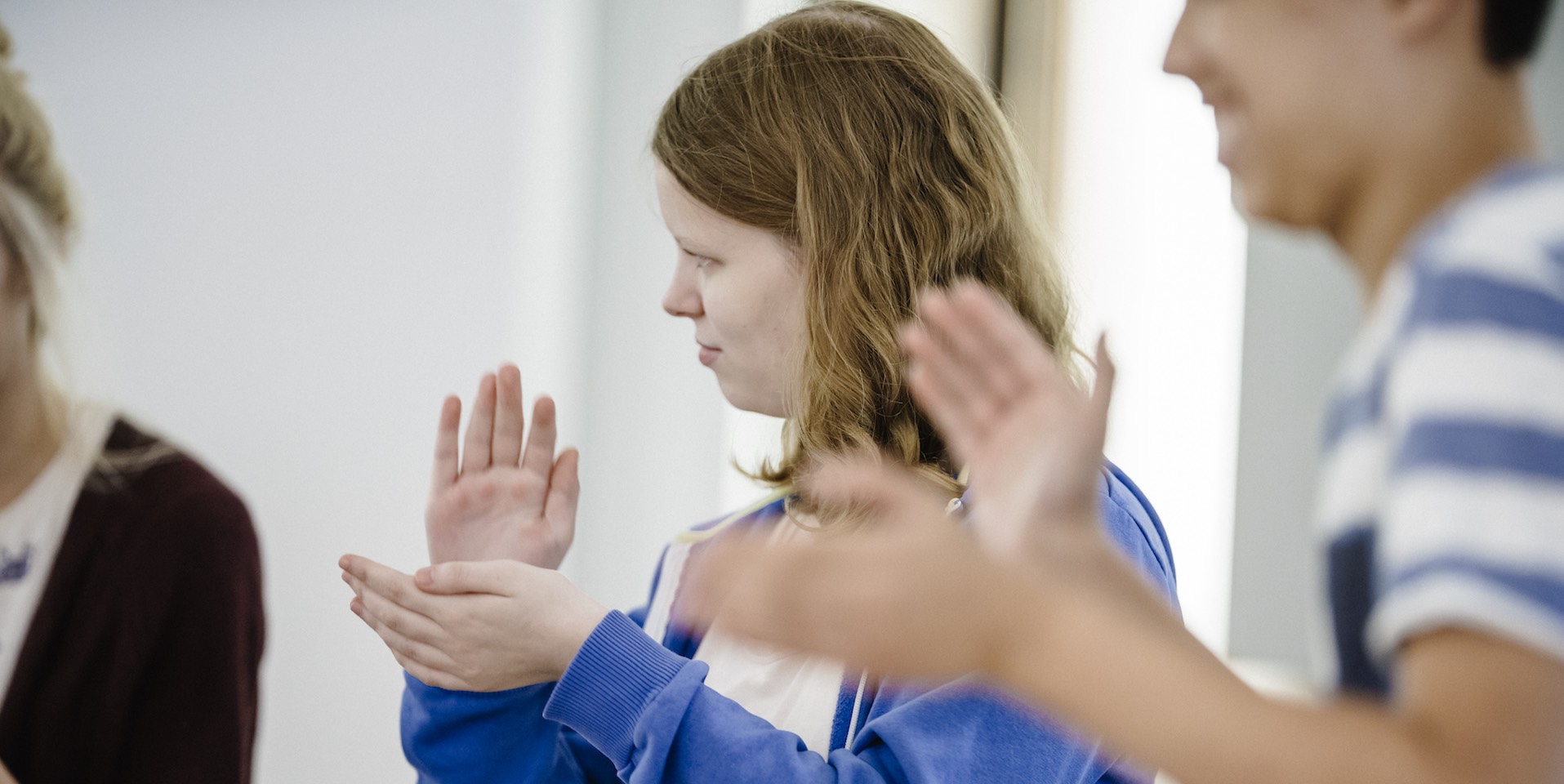Day programs and gaining work experience
Activities where young people with autism learn to organizetheir day and cope with their “free”time. There is space for the most varied of activities: from dancing tokickboxing. There are also after-school facilities for students who attend secondary school.
Young people also work in the Papageno Restaurantas waiters and waitresses, for example.These young people can takecourses for working in the kitchen or on waiting tables, which were developed with Koninklijke Horeca Nederland (Dutch Royal Hospitality Association)(these offer a prospect of obtaining a recognizeddiploma and therefore regular employment). In ’t zAaltje, they assist with publicity and ticket sales and with the work associated with preparing for the various performances and presentations.
For young people and young adults with autism from 17 to 45 years.
Learning to live independently
In one of our twelve rooms with a kitchenette, shower and toilet. The residentsare selected and supervised by the care specialists of ’s Heeren Loo. Residence “buddies”can also be assigned to residentsif they wish. Thesebuddies are volunteers who help with practical matters, such as grocery shopping or keeping rooms clean. Downstairs,there is a room where the young people can cook, eat, watch TV or play games together, and receive guests.
For young people with autism between18 and27 years.
Early diagnosis
Adifficult and uncertain periodoftenprecedes the diagnosis of autism. To be able to offer support to parents and children as early as possible, it will in future be possible to come toPapageno Huis to obtain a diagnosis and treatment advice from a multi-disciplinary team at an early stage. Wework with the Dutch Autism Society, Karakter (the department of youth psychiatry at the Radboud University Medical Centre in Nijmegen), 's Heeren Loo and Altrecht.
For children with suspected autism from toddler age.






